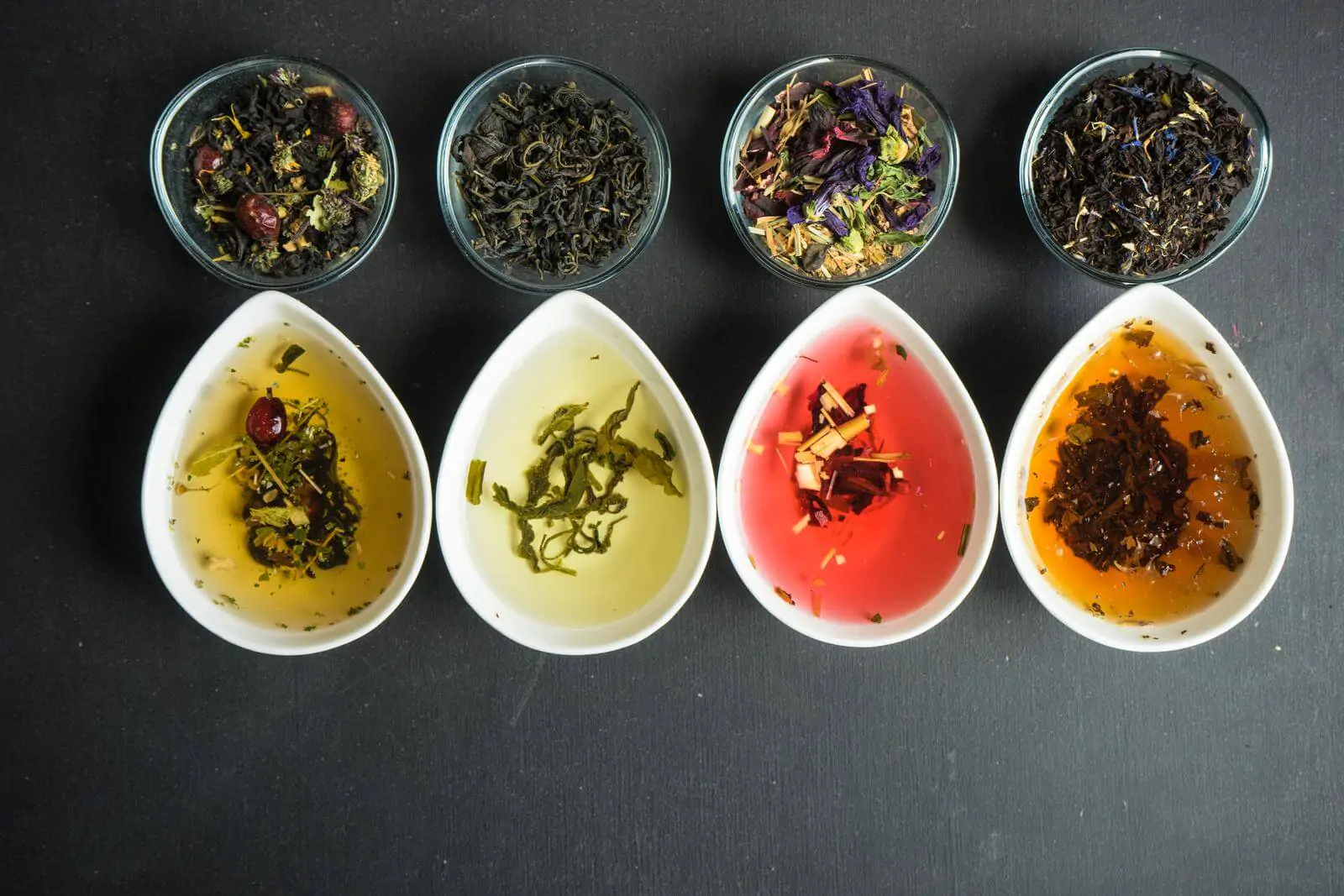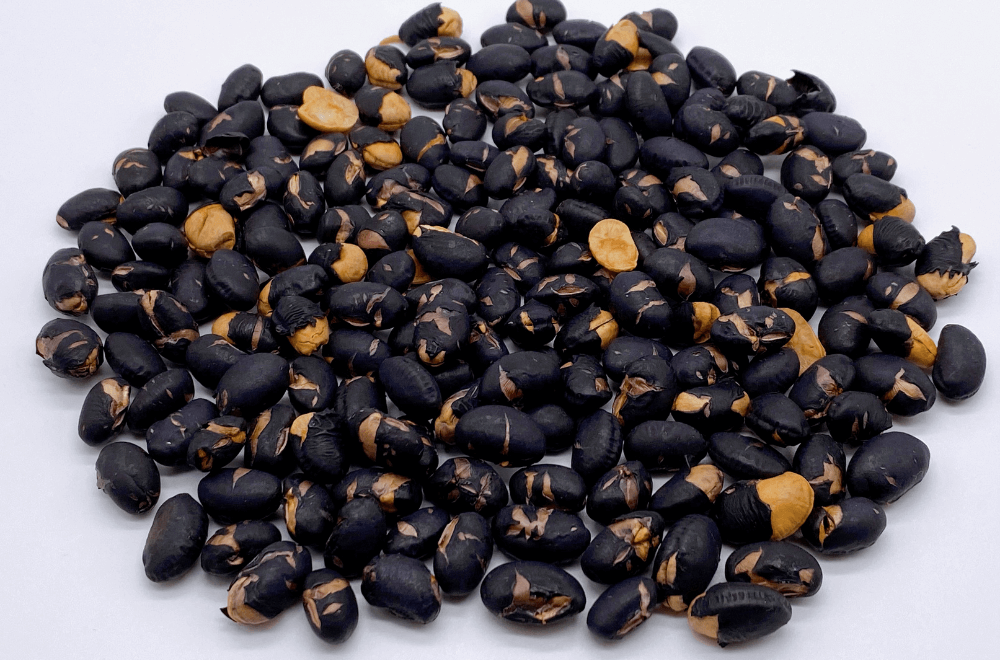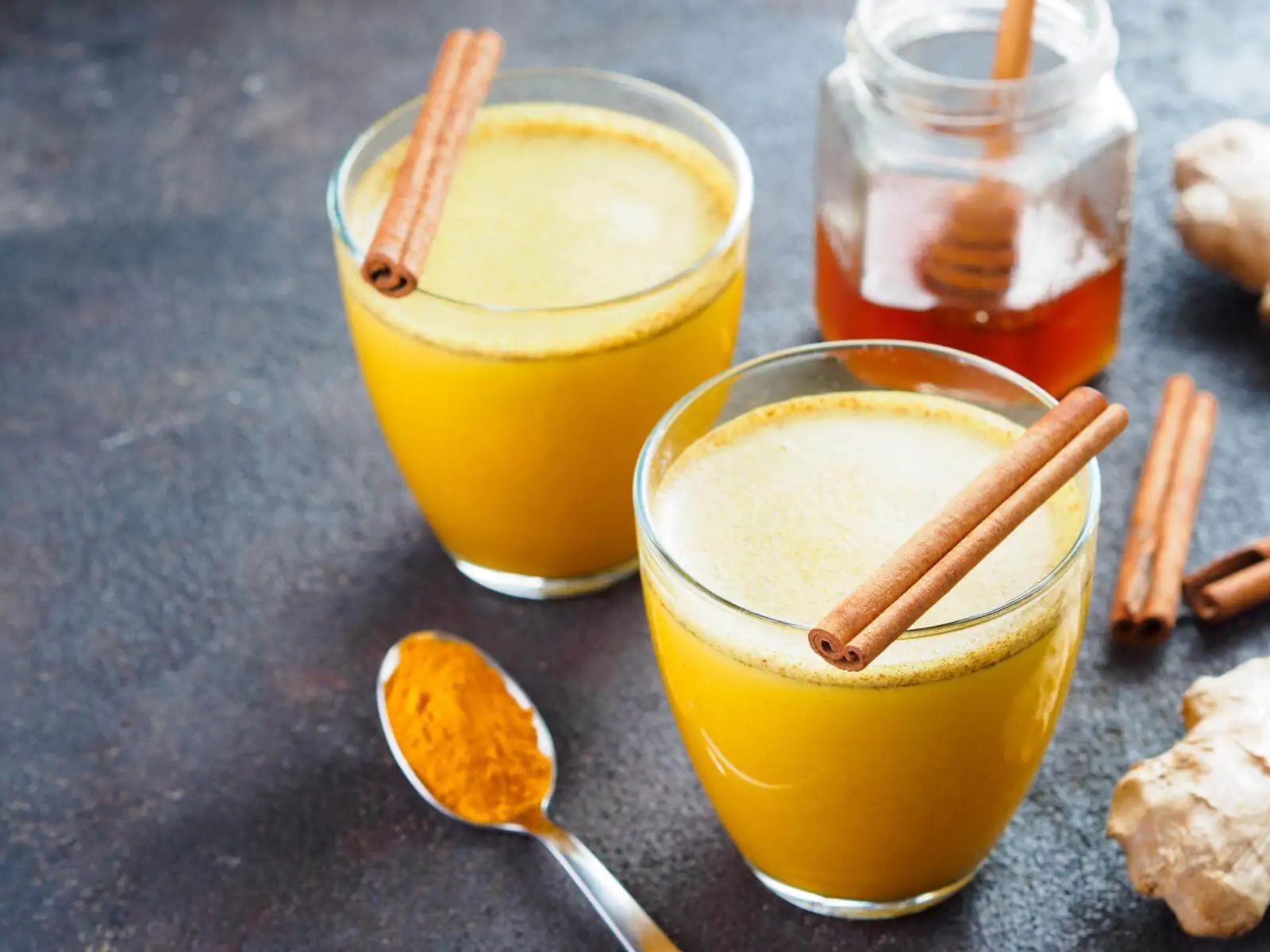Caffeine-free teas are not dull by any means. With vibrant flavors and endless options, you’re really not missing out. Here are the best teas without caffeine.

Coffee lovers cry “death before decaff,” but some people have no tolerance for caffeine. Fortunately, there are countless caffeine-free teas on the market, and many of them offer bold flavors, aromas, and impressive health benefits – some can even perk you up without leaving you feeling jittery. Here are the best teas without caffeine.
1. Hibiscus Tea
Hibiscus is a long-time favorite among tea drinkers. The flower creates a sweet and tangy tea with bright red coloring. This tea may also help reduce high blood sugar, cholesterol, and blood pressure. Many people prefer hibiscus tea as an iced drink, so it’s excellent as a morning beverage in hot climates or an afternoon refreshment.
2. Peppermint Tea
Peppermint tea is an ideal morning beverage without caffeine. The strong mint flavor and aroma refresh the senses when starting the day. Peppermint can provide relief from cold symptoms, improve digestion, and even boost the immune system.
3. Kuromamecha (Black Soybean Tea)
Cheating Father Time is a goal for many people worldwide, and Kuromamecha might help. This tea is known for its anti-aging qualities. It is made from roasted black soybeans rather than leaves or petals like other teas. The roasted black soybeans provide a more savory taste and aroma with a slight sweetness.

4. Chamomile Tea
Chamomile tea is one of the most popular teas in the U.S. and beyond. This herbal tea has a floral flavor and aroma that has soothing properties. Many tea drinkers choose chamomile tea before bed or when feeling stressed or anxious.
The following are a few of the possible benefits:
- reduced inflammation
- improved bone density and reduced risk of osteoporosis
- lower blood sugar and reduced risk of diabetes
- less severe menstrual cramps
- relief of cold symptoms
Some chamomile teas are more potent than others, so it’s important to note that the health benefits vary based on potency. However, chamomile tea can be a healthy, caffeine-free way to start or end any day. Our list of the best chamomile tea brands might be helpful.
5. Rooibos Tea
Rooibos tea tastes a lot like black tea. Because black tea contains caffeine, many caffeine-free tea drinkers choose rooibos instead. It can even be made into a rich rooibos “chai” for those seeking a caffeine-free version of the chai latte.
Rooibos tea is only grown in South Africa but is beloved worldwide for its natural sweetness and caffeine-free nature. It provides antioxidants and has some of the same health benefits as green tea.
6. Ginger Tea
The practice of drinking ginger tea to heal the body has been popular for centuries. That’s why this flavorful, aromatic tea is known as the “natural healer.”
Ginger tea provides many potential health benefits, including aiding the respiratory system, reducing nausea, boosting immunity, lowering blood sugar, and improving brain health. The flavor is quite spicy and strong, but the health benefits cause it to remain a popular caffeine-free option.
7. Mushroom Teas
Medicinal Chaga, reishi, cordyceps, and lion’s mane mushrooms make caffeine-free teas with an abundance of potential health benefits. Mushroom teas tend to be bitter, but they’re easy to improve with sugar or other natural sweeteners. Medicinal mushroom teas feature beta-glucans that may lower the risk of heart disease, stimulate the immune system, and help keep the body from absorbing too much cholesterol from food.
Medicinal mushroom tea drinkers usually make the tea by steeping the mushroom body in hot water. However, lightly brewing the mushrooms can help fight the bitter flavor. Either way, mushroom teas are naturally beneficial and caffeine-free. Check out our reasons why mushroom coffee is a must-try.
8. Raspberry Leaf Tea
Raspberry leaf tea, not to be mistaken for the raspberries themselves, is commonly called the “women’s herb.” This is because it may reduce menstrual cramping. It’s also a good source of antioxidants, so you don’t need to have a menstrual cycle to enjoy this tea.
9. Turmeric Tea
Turmeric is an Indian spice that recently became globally popular for its potential health benefits. This spice is too peppery, bitter, and earthy to drink alone, which is why you’ll often see recipes for turmeric milk which contains milk, honey, cinnamon, and some black pepper to help your body absorb the compounds in turmeric, such as curcumins, which are antioxidants that can reduce inflammation. Studies also suggest that curcumin may help improve brain health and mood.

10. Dandelion Tea
Dandelion tea is caffeine-free and a favorite for health enthusiasts, as studies show it may improve fat burning and reduce water weight. That said, drinking dandelion tea is not a substitute for regular physical activity and a healthy diet. Some research even shows dandelion tea as helpful in defending against certain cancers, like pancreatic cancer and melanoma. It may also improve liver health.
The flower petals of the dandelion make the most popular dandelion teas for their light, sweet flavor. Teas made from the leaves are earthier, and those made from the roasted dandelion roots are quite robust with a tinge of smokiness.
11. Licorice Tea
The licorice herb is sweet, which makes it an ideal herb for blended teas. It eases the peppery flavor of ginger teas and softens the harshness of mint. Some tea enthusiasts combine it with orange and cinnamon for a sweet and fruity start to the day. It may even soothe sore throats and ease gastrointestinal issues, making it ideal after heavy meals or when feeling ill.
12. Fenugreek Tea
Fenugreek tea is a type of herbal tea made from the seeds of the fenugreek plant. It has a slightly bitter taste and a strong aroma, and is drank for its potential health benefits. Fenugreek tea helps with digestion, improve cholesterol levels, and even boosts milk production in nursing mothers. Some tea lovers also use fenugreek tea as a natural remedy for various conditions, such as inflammation and menstrual cramps.
